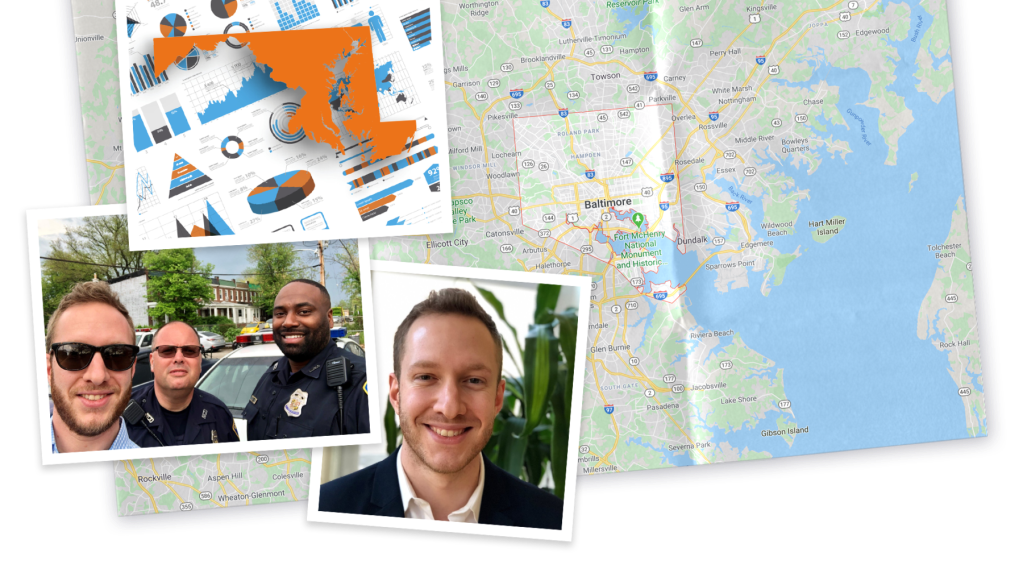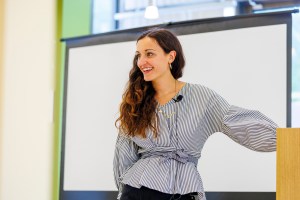Nation & World
-

A tale of three cities — and their turn to right in heartland
Government professor’s new book focuses on roles of race, class, and religion in evolution of former New Deal Democrats
-

Why do election polls seem to have such a mixed track record?
Democratic industry veteran looks at past races, details adjustments made amid shifting political dynamics in nation
-

You’d never fall for an online scam, right?
Wrong, says cybersecurity expert. Con artists use time-tested tricks that can work on anyone regardless of age, IQ — what’s changed is scale.
-
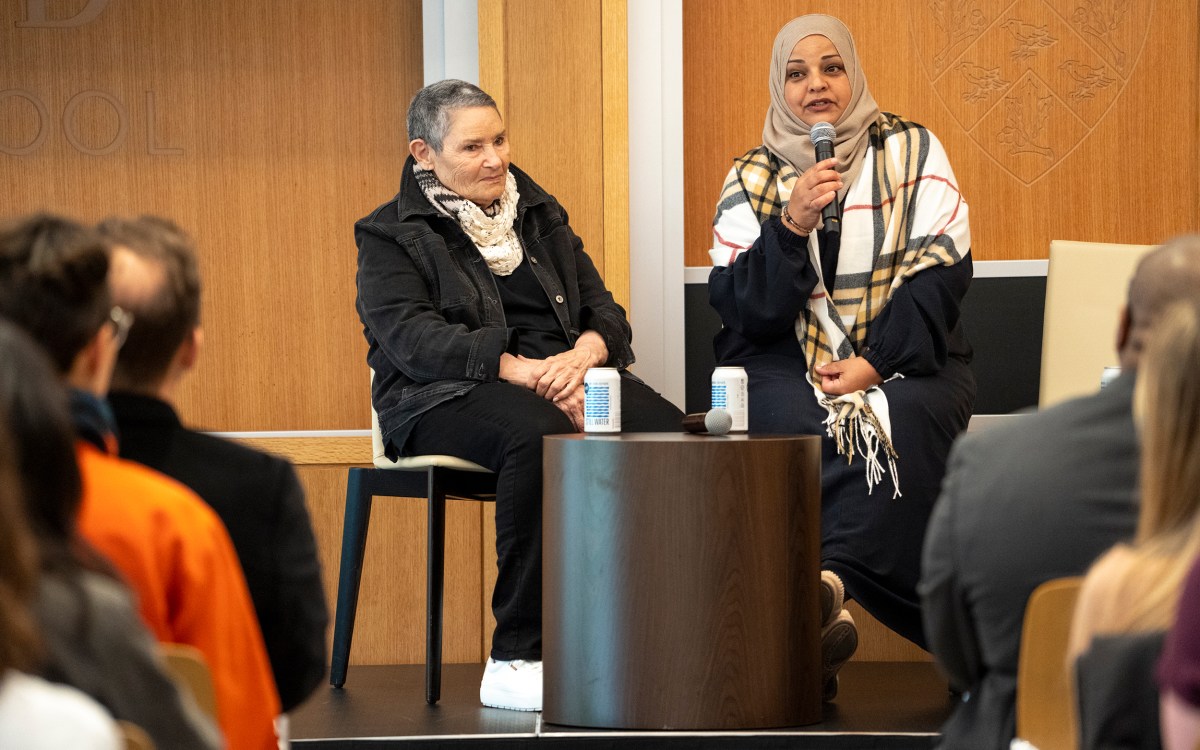
Two bereaved mothers who know price of war work for peace
Layla Alsheikh, Robi Damelin argue path to Mideast reconciliation begins with acknowledging common humanity
-

Taking the phones out of school
In podcast episode, experts discuss growing movement to restrict devices in class
-
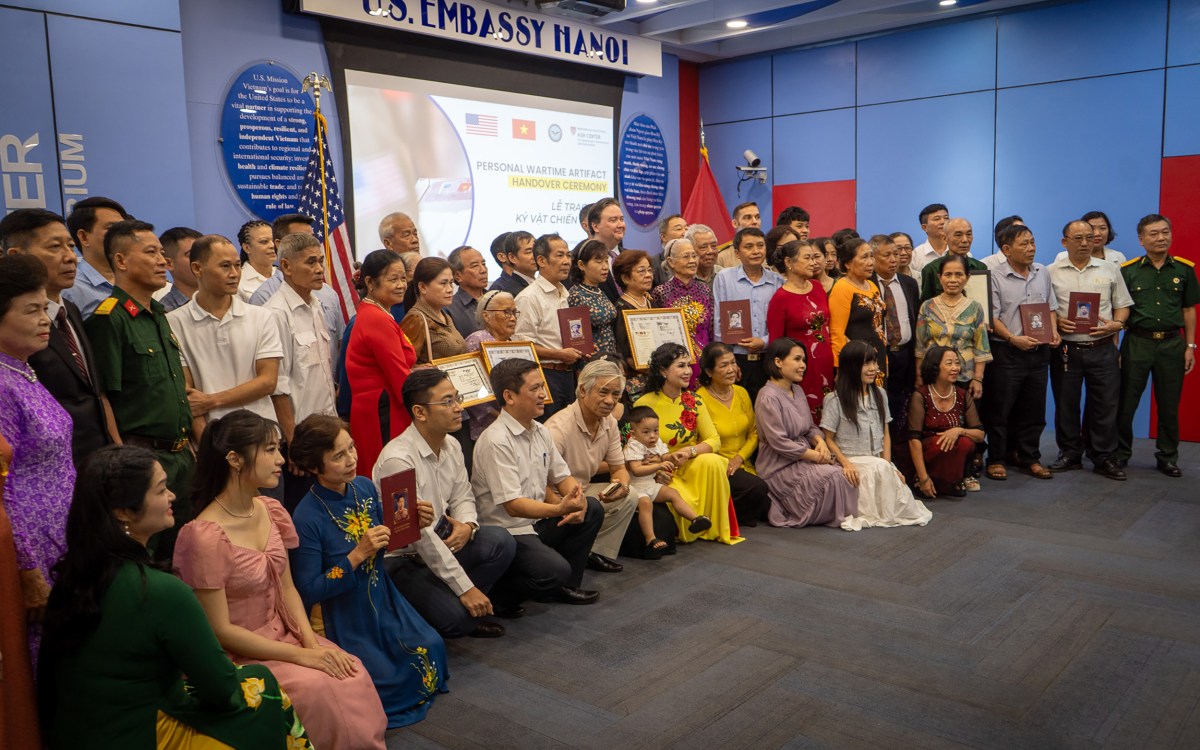
‘The first new information we’ve heard in 50 years’
Unseen Legacies researchers are answering decades-old questions about the fates of Vietnamese soldiers
-
‘Indian Sex Life’ and the control of women
The intellectual questions Durba Mitra asks are formed both from her research and from her conversations with women on their experiences of social judgment.
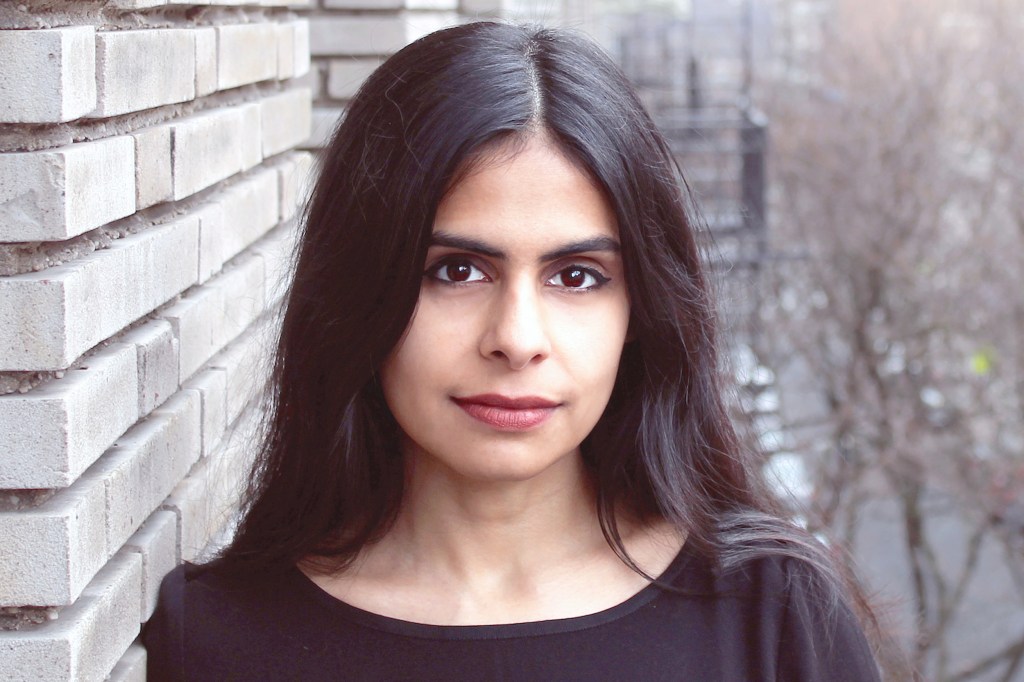
-
How Black protest may be key to finally ending racial violence
An Ash Center panel probes the history of entrenched violent racism in America from its roots to its current manifestation.
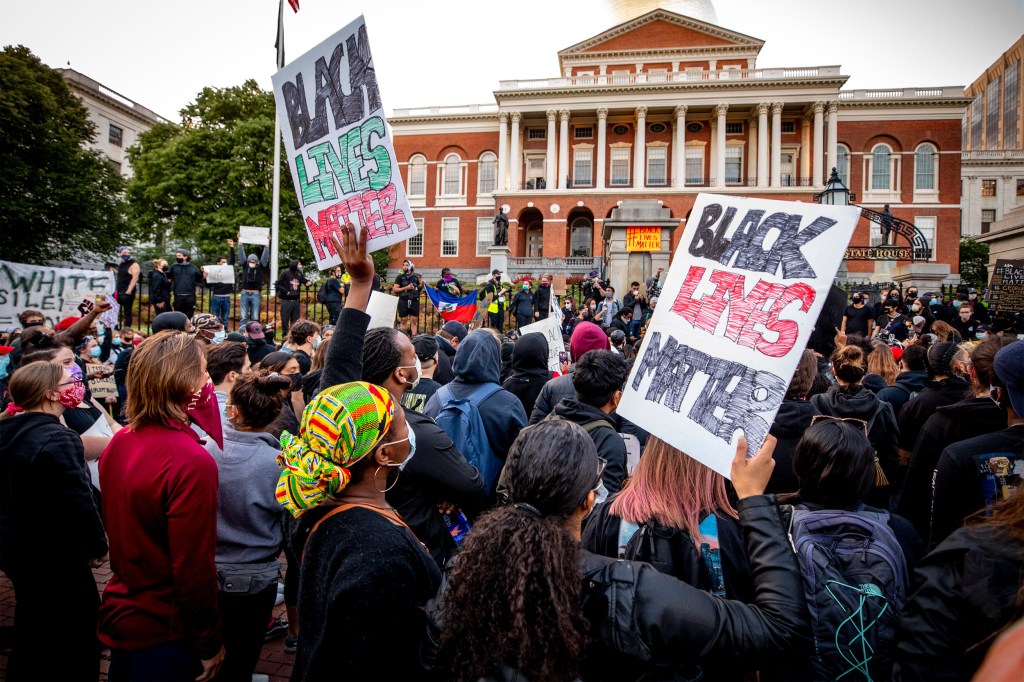
-
Waiting for someone else to speak out
Francesca Gino at Harvard Business School discusses how toxic cultures can flourish within police departments and other organizations.
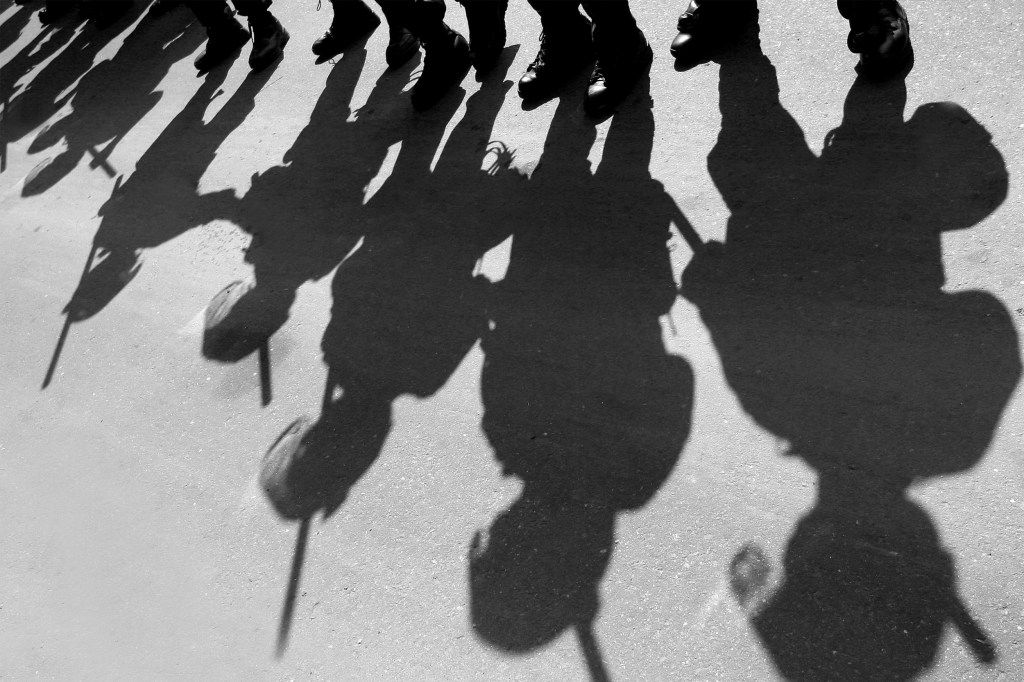
-
Racism, coronavirus, and African Americans
Harvard panel discusses long-festering wounds of racial inequities and steps forward.
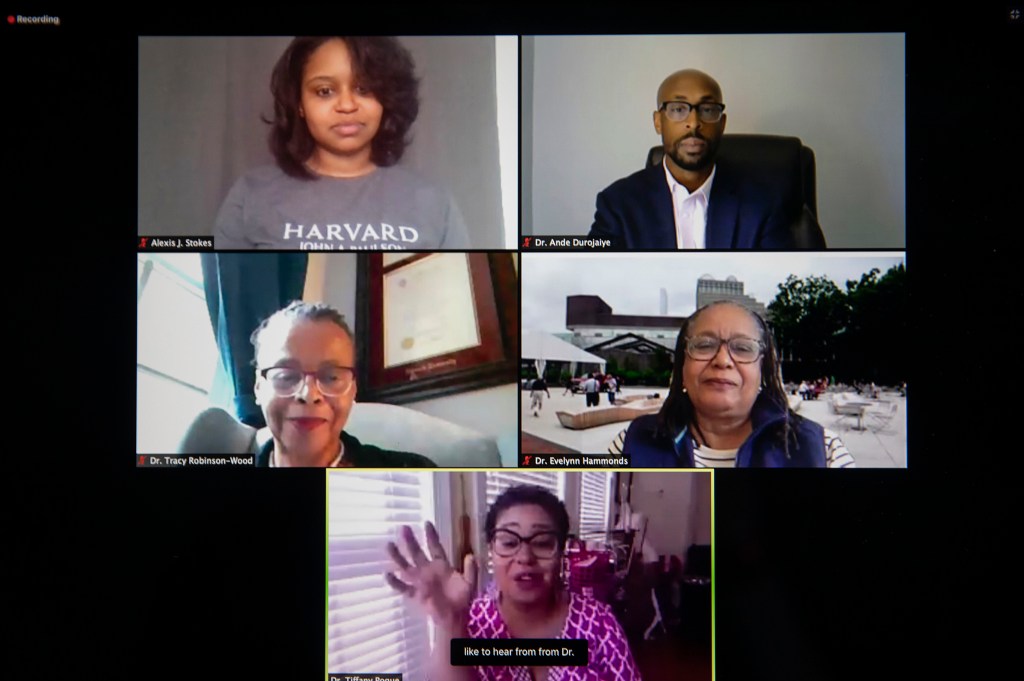
-
Why America can’t escape its racist roots
Interview with Orlando Patterson, a historical and cultural sociologist, about the killing of George Floyd and how it exposed the deep roots of racism in American society.
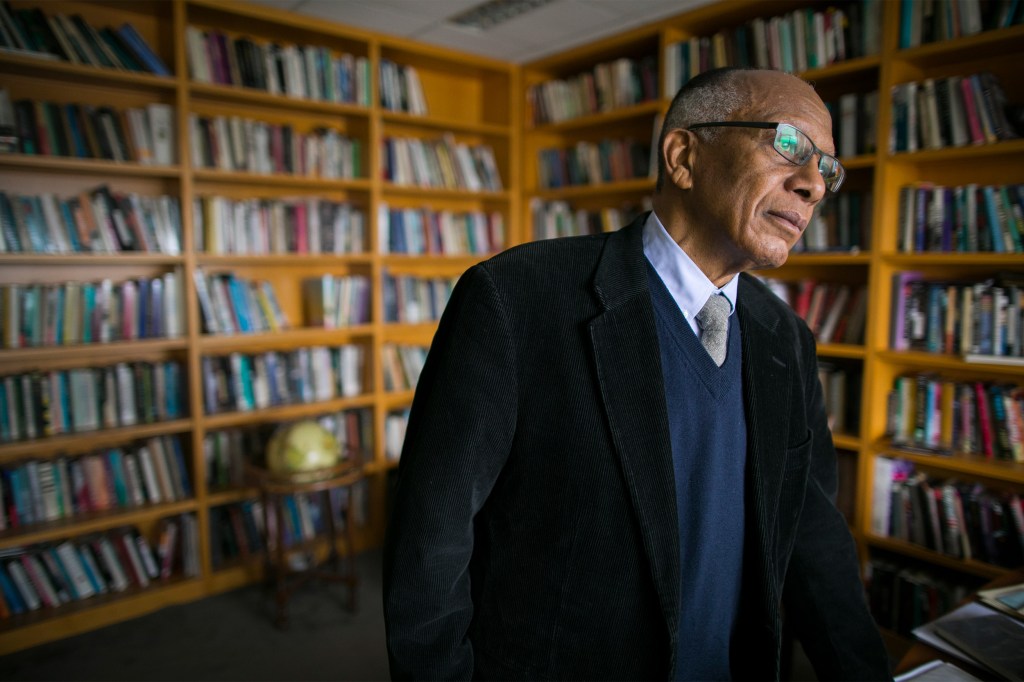
-
When we can’t even agree on what is real
New research from Harvard economists finds partisan politics isn’t just shaping policy opinions, it’s distorting our understanding of reality.
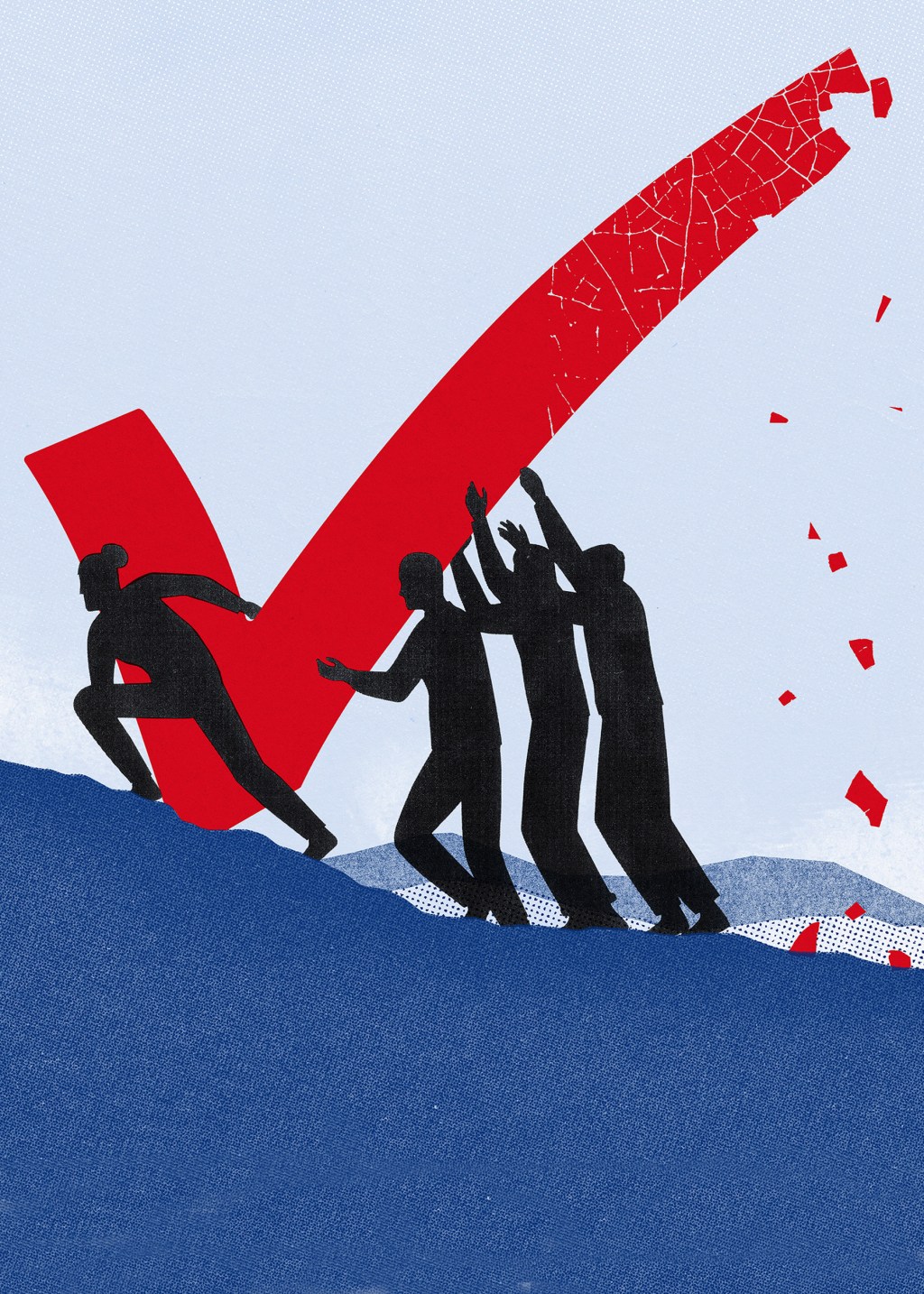
-
The fire this time
As protests continue over the killing of George Floyd by Minneapolis police, Lawrence D. Bobo, dean of social science and the W.E.B. Du Bois Professor of the Social Sciences at Harvard University, discusses the underlying social and cognitive factors at work in police violence against Black people.
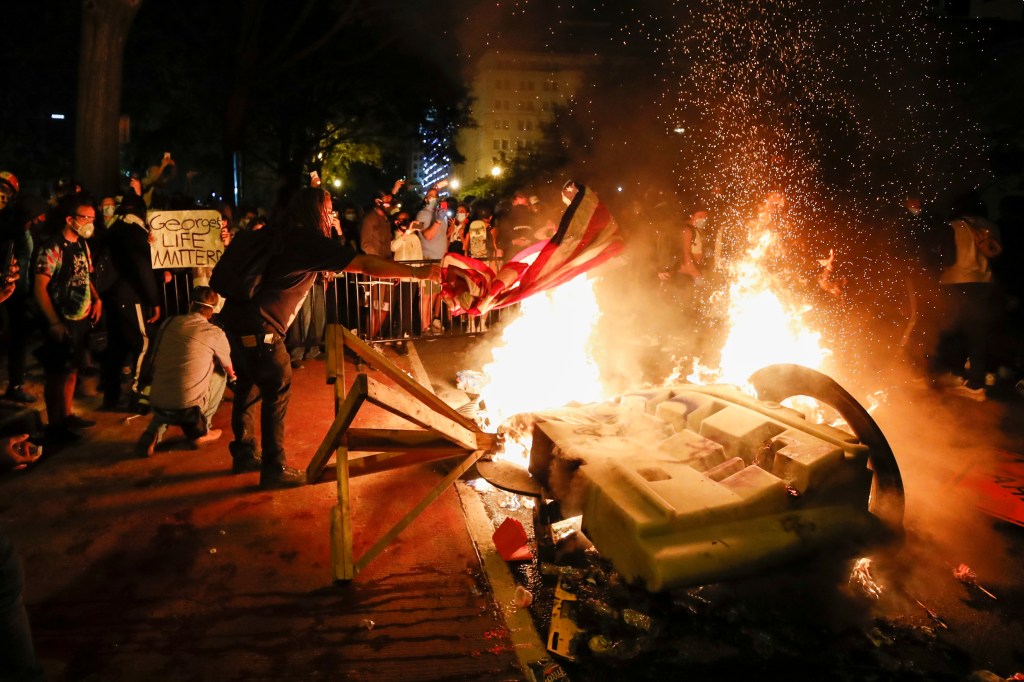
-
Leap of faith
Hannah Stohler is executive director of Marguerite’s Place, a transitional living program for women & children in crisis in Nashua, New Hampshire. Previously, she held roles in leadership and programming at nonprofit organizations serving survivors of domestic violence and sexual assault.
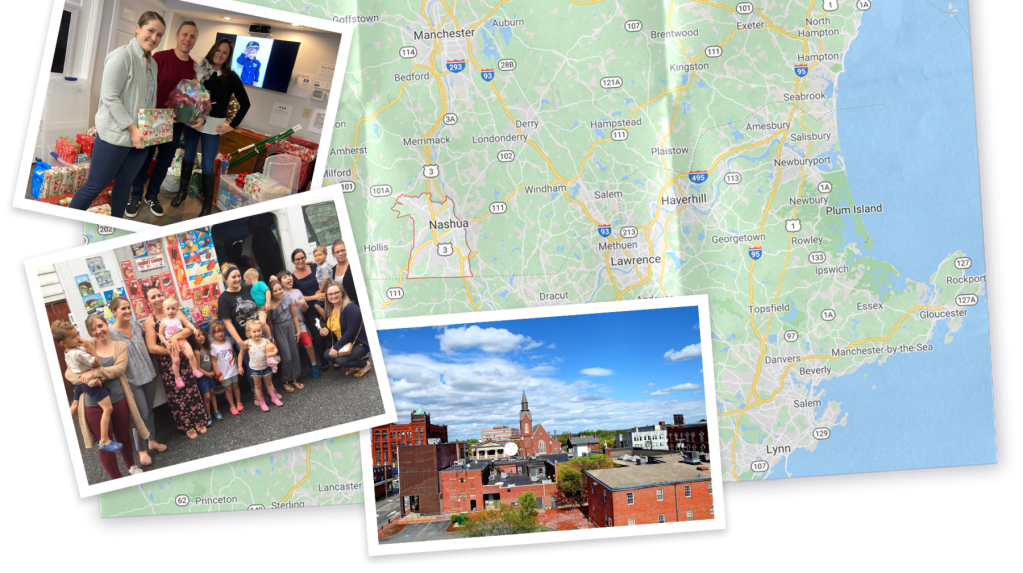
-
Future design
As a leading architect and urbanist, Charles Waldheim is helping Miami adapt to a changing climate.
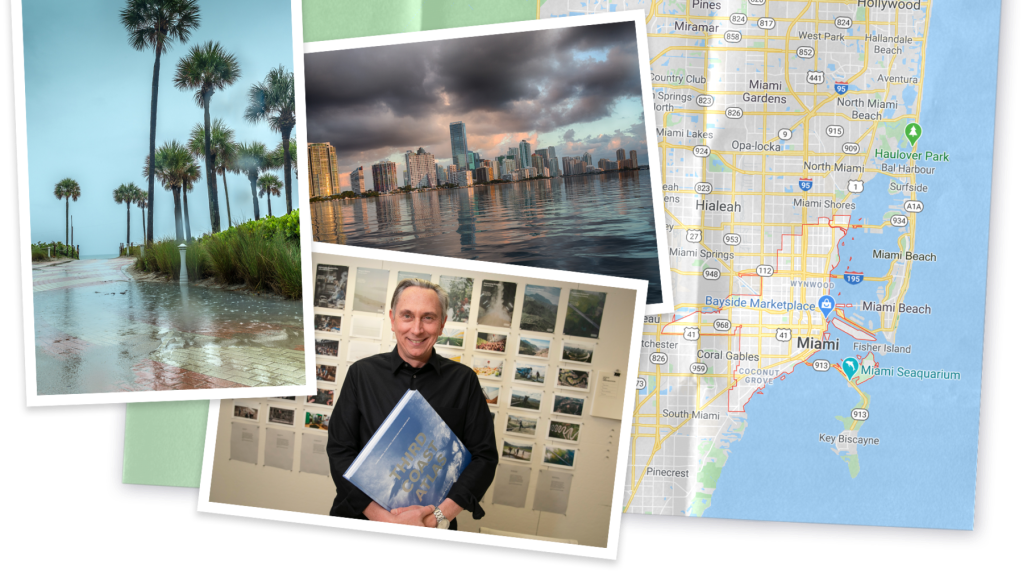
-
‘He was fearless’
In a deeply competitive business not known for magnanimity, top editors, publishers, and media critics explain why The Washington Post’s Martin Baron is such an admired newsroom leader.
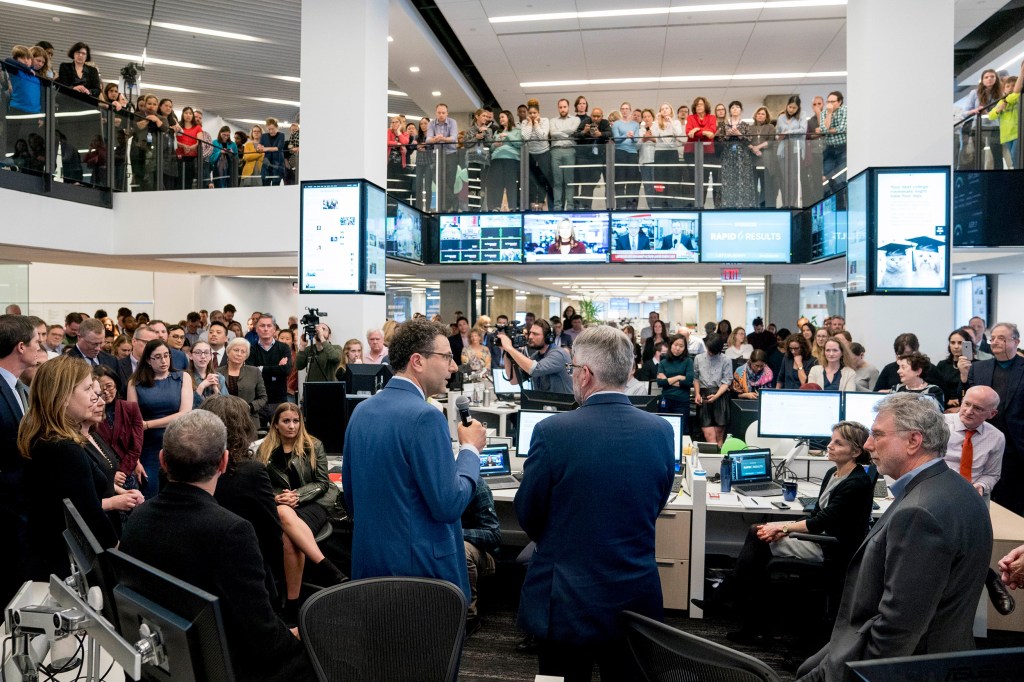
-
Martin Baron, on his life, his calling, and the importance of shedding light
In a question-and-answer session, Martin Baron, executive editor of The Washington Post and this year’s graduation speaker, talks about his life and times.
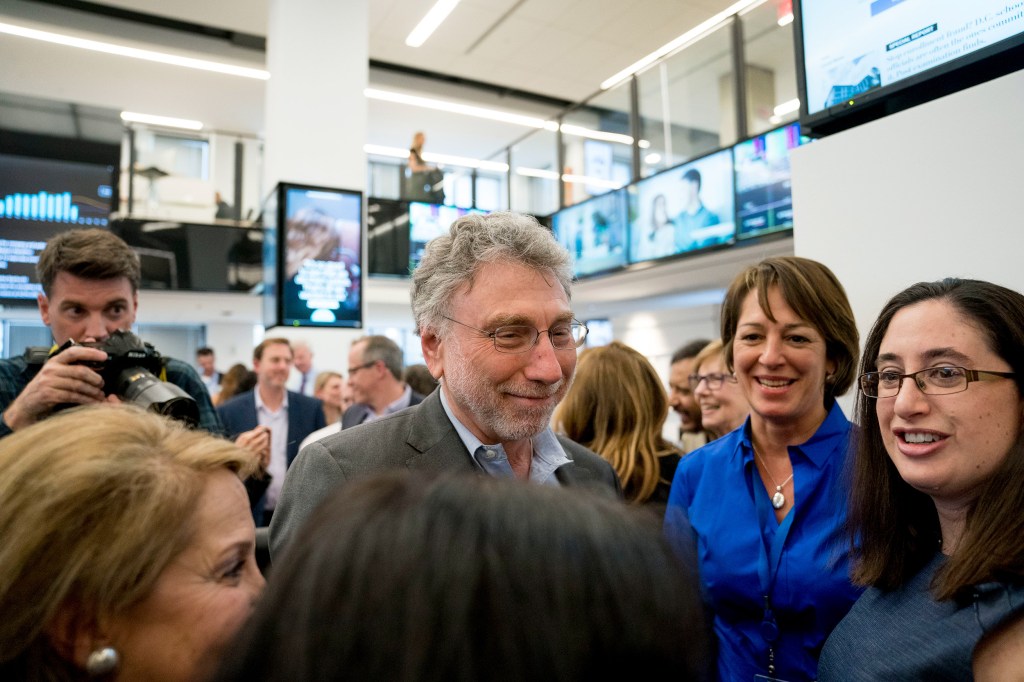
-
Major outpouring of support for University in legal battle over admissions approach
Hundreds of social scientists, business executives, Nobel laureates, state attorneys general, colleges rebut group appealing judgment in favor of Harvard admissions policies.
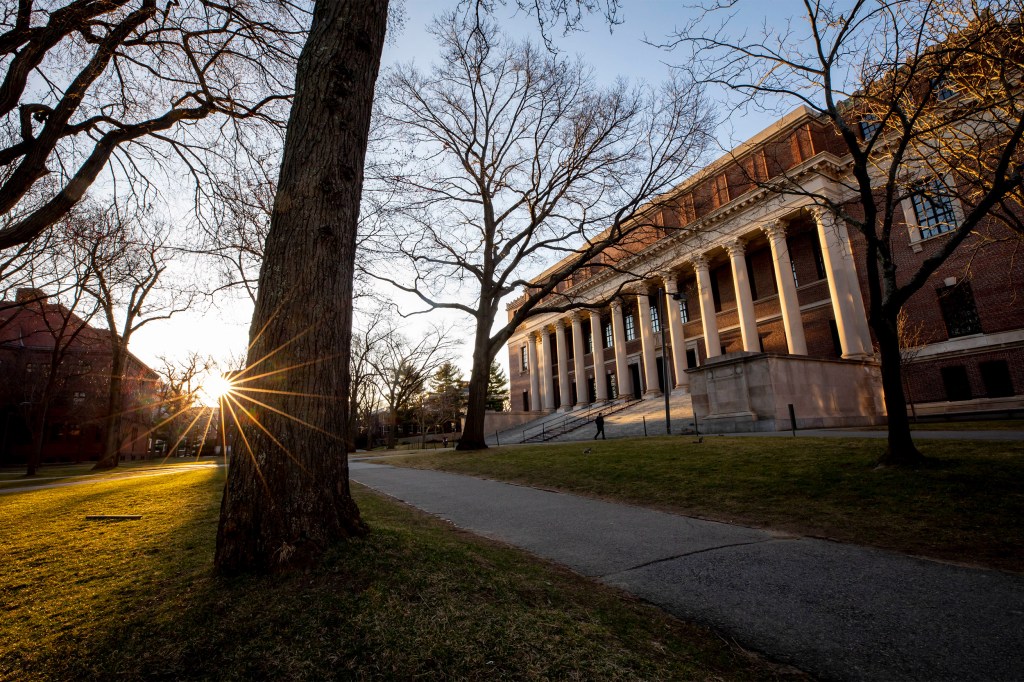
-
Fauci offers mayors candid advice on what to expect as nation begins to reopen
Anthony Fauci told mayors and city leaders at a seminar hosted at Harvard Kennedy School that they should “expect” to see new “blips of infections” as communities begin to reopen, but not to be “discouraged.”
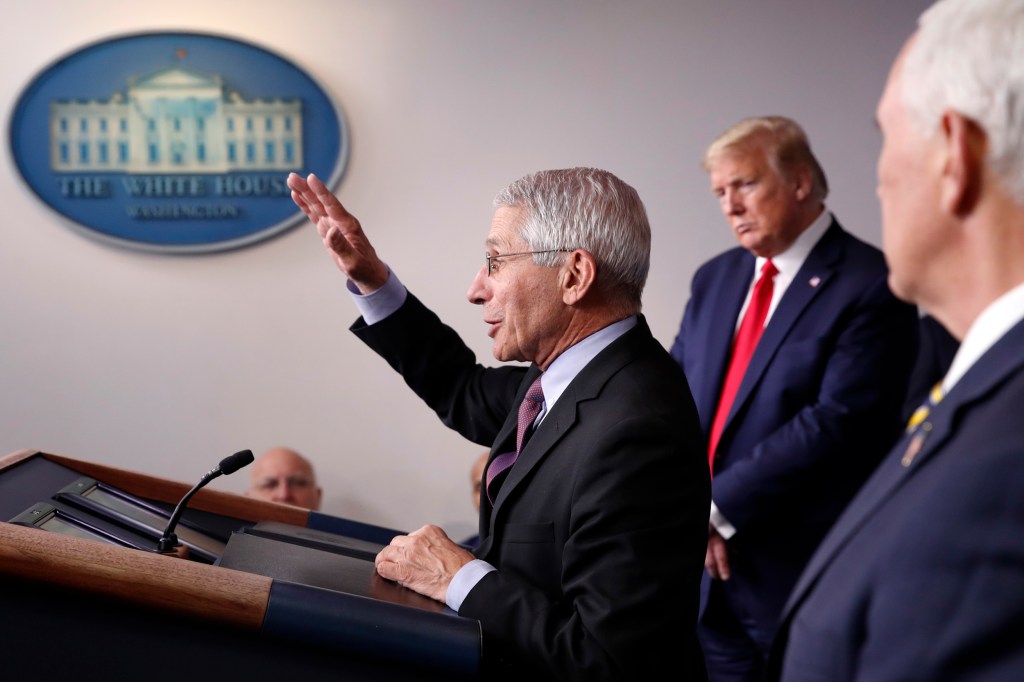
-
‘The lesson is to never forget’
Q&A with Olga Jonas, an expert in managing the risks of pandemics, on the lessons governments can learn from the coronavirus pandemic.
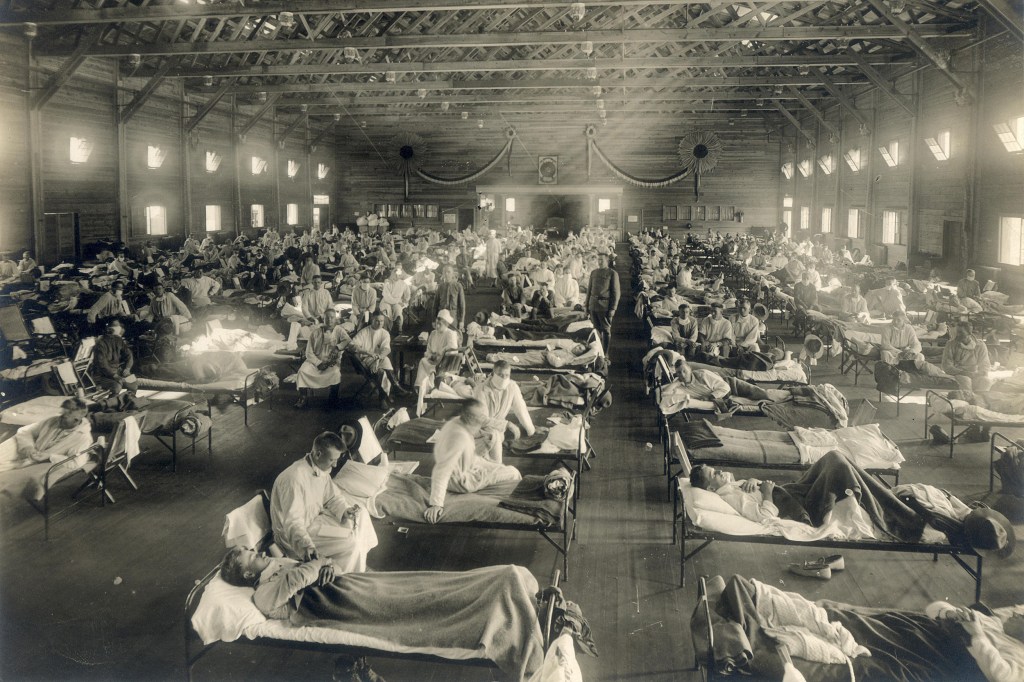
-
The aftermath of wars
The battlefronts of World War II and COVID-19 may look very different, but long term consequences remain the constant
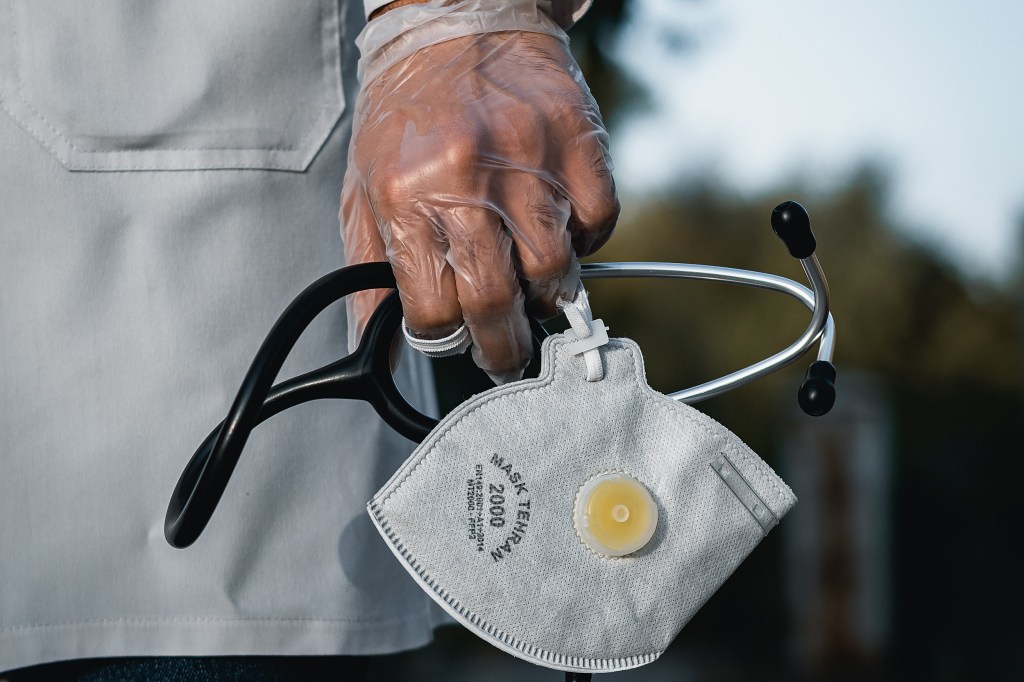
-
Gateway City: Viewed as an intersection of slavery, capitalism, imperialism
A new book by historian Walter Johnson sees the history of St. Louis as emblematic of the racial, economic, and legal schisms in America.
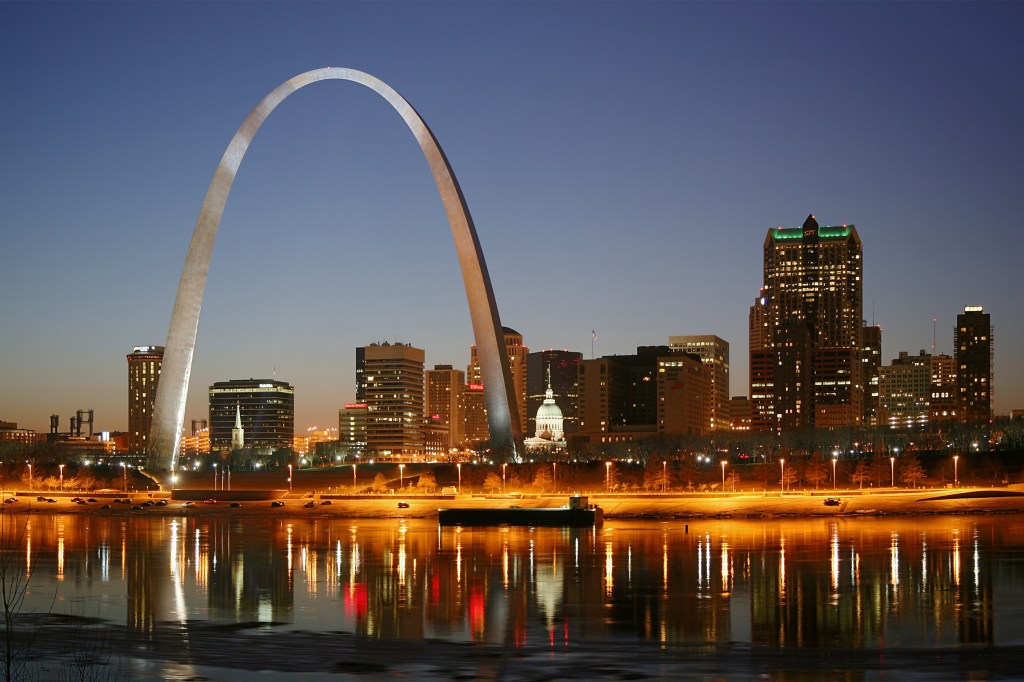
-
For Native Americans, COVID-19 is ‘the worst of both worlds at the same time’
Experts at the Harvard Project on American Indian Economic Development look at COVID-19’s economic impact on Native American communities across the U.S.
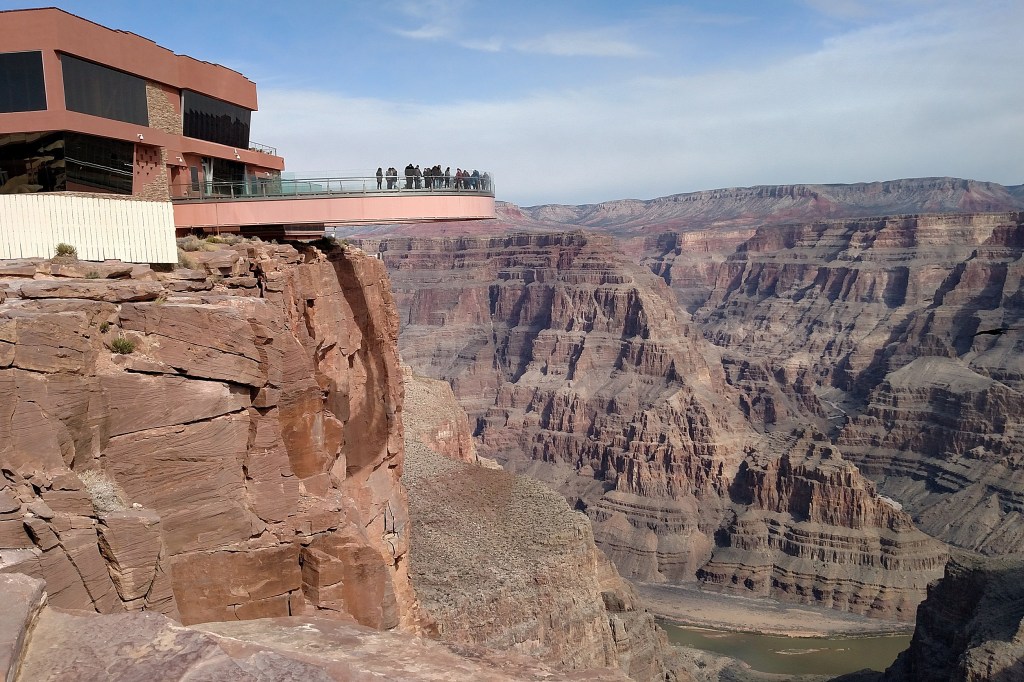
-
Is rural America solidly red? Not exactly, Harvard scholars say
Harvard political scientists traveled to four swing states in the past three years to take the political temperature in conservative counties.
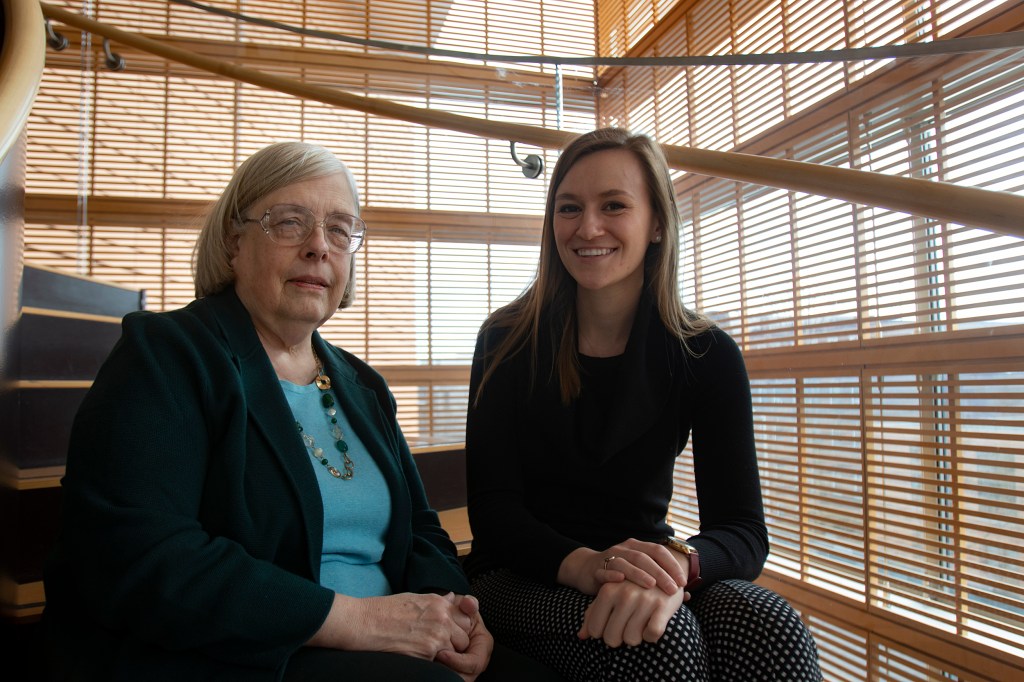
-
Setting school priorities: Care for children, families first
In the second episode of Education Now, a new initiative by the Harvard Graduate School of Education, host Richard Weissbourd talks to Sonja Santelises, CEO of Baltimore City Public Schools, and Anu Ebbe, principal of Shorewood Hills Elementary School in Madison, Wis.

-
Defending The Times in a perilous age
Lead newsroom attorney details changes since 9/11, dangers facing reporters, and rise in hostility against media led by White House.
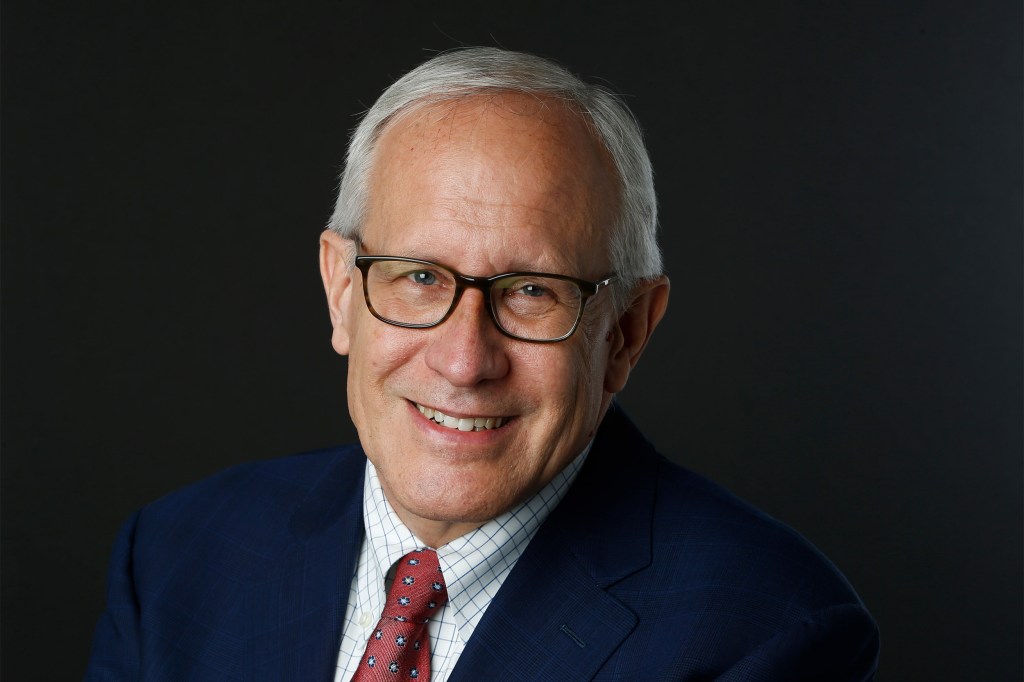
-
Mental health in Africa amid pandemic
As cases of coronavirus surge in Africa, the challenges experienced elsewhere are compounded by social factors and a shortage of caregivers.
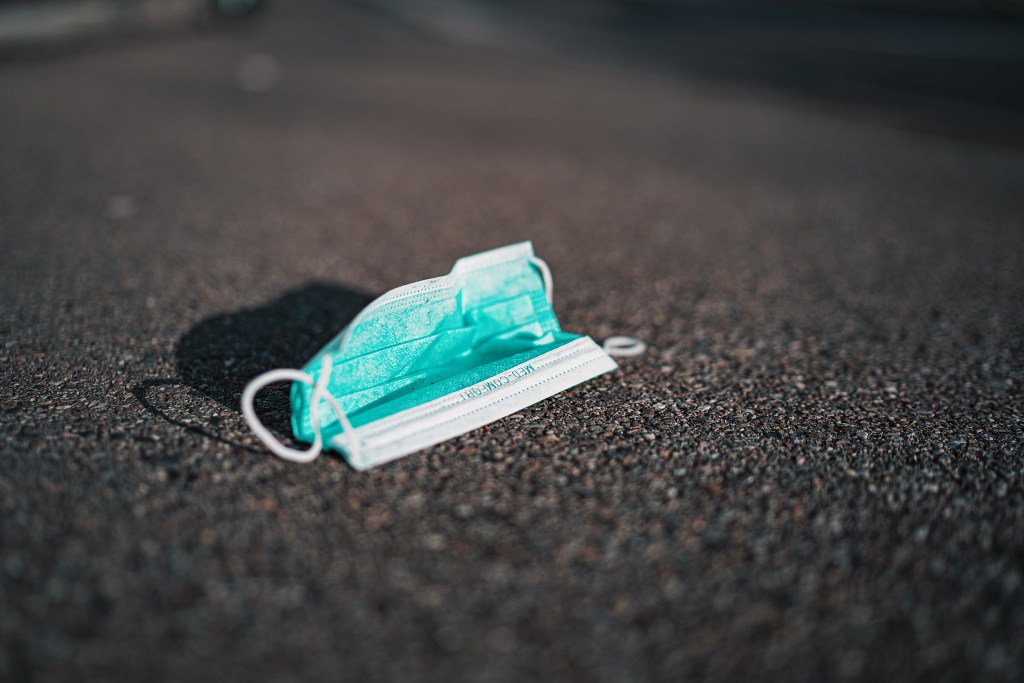
-
How and why the Supreme Court made climate-change history
Richard Lazarus discusses his new book, which tells the story of a 2007 landmark environmental case.
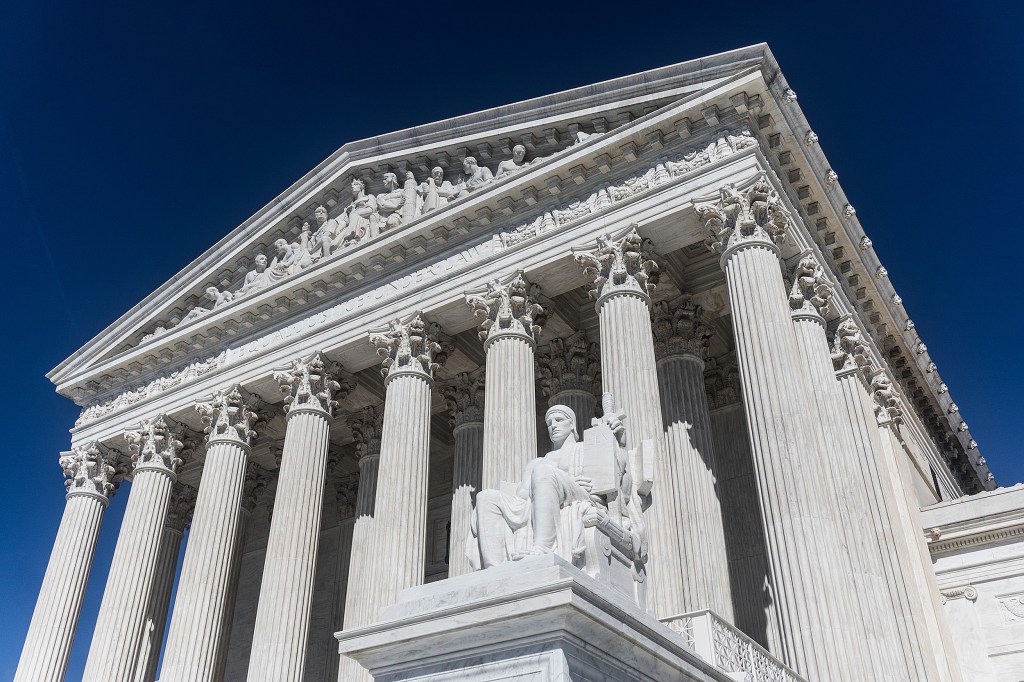
-
What scares you most about climate change?
Harvard faculty talk about their concerns and fears about climate change as the world commemorates Earth Day’s 50th anniversary.
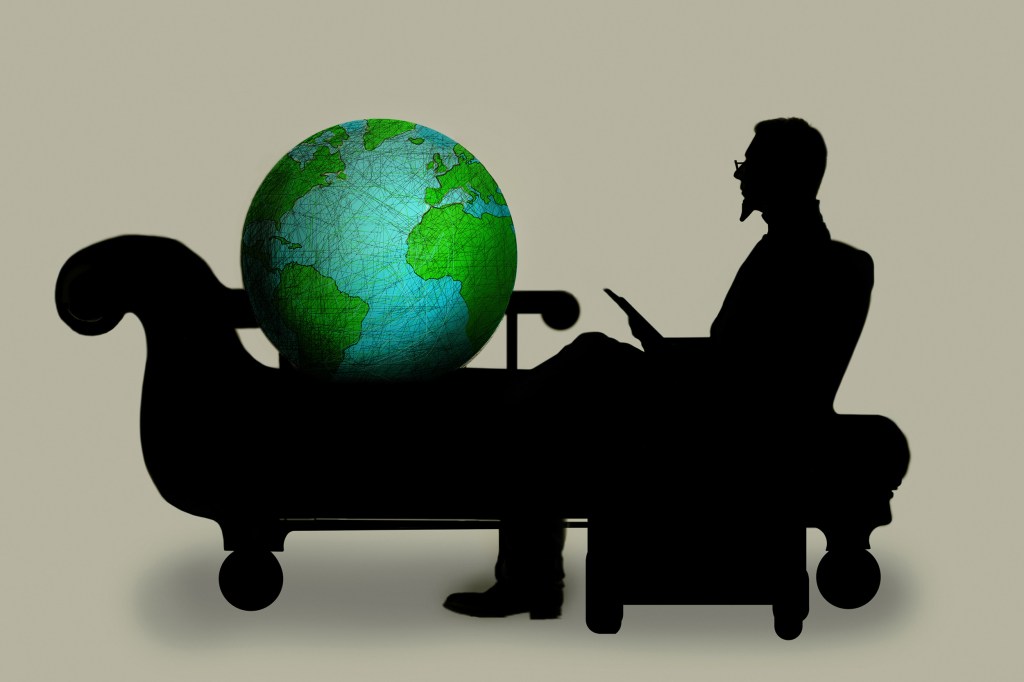
-
No ‘silver lining’ for the climate
On the 50th anniversary of Earth Day, law professor reflects on the state of U.S. climate change regulation and the impacts of COVID-19.
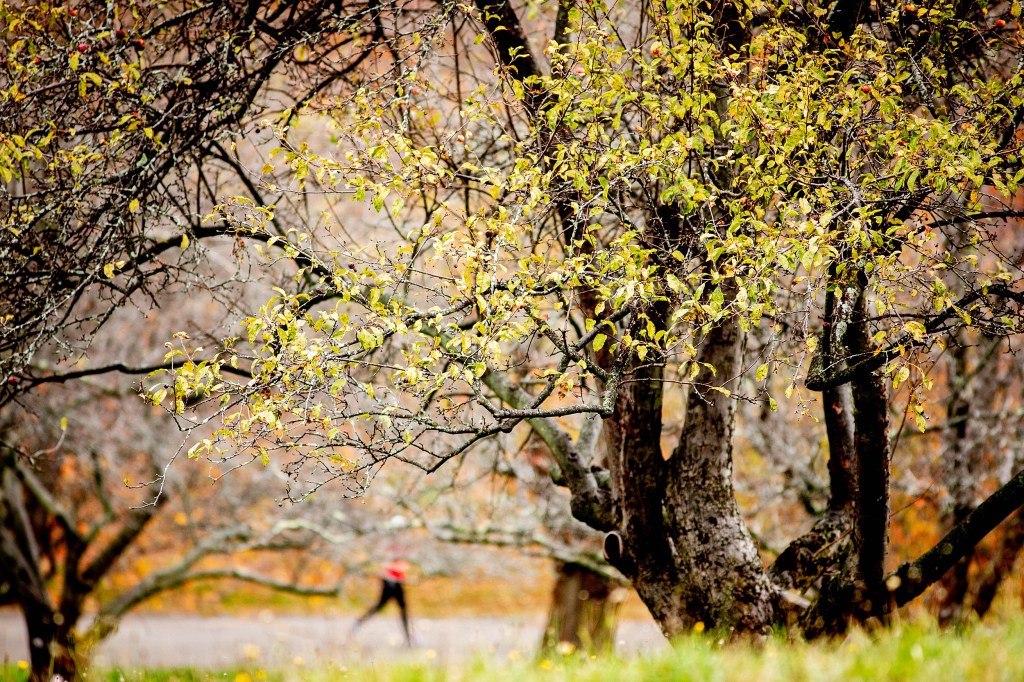
-
Global problem, local solutions
The Arctic Initiative, a joint project of the Environment and Natural Resources Program and the Science, Technology, and Public Policy Program at the Kennedy School’s Belfer Center for Science and International Affairs, will use local expertise for a wide array of potential policy solutions.

-
The culture of Earth Day
As Earth Day turns 50, Harvard examines how it brought environmentalism into everyday life.
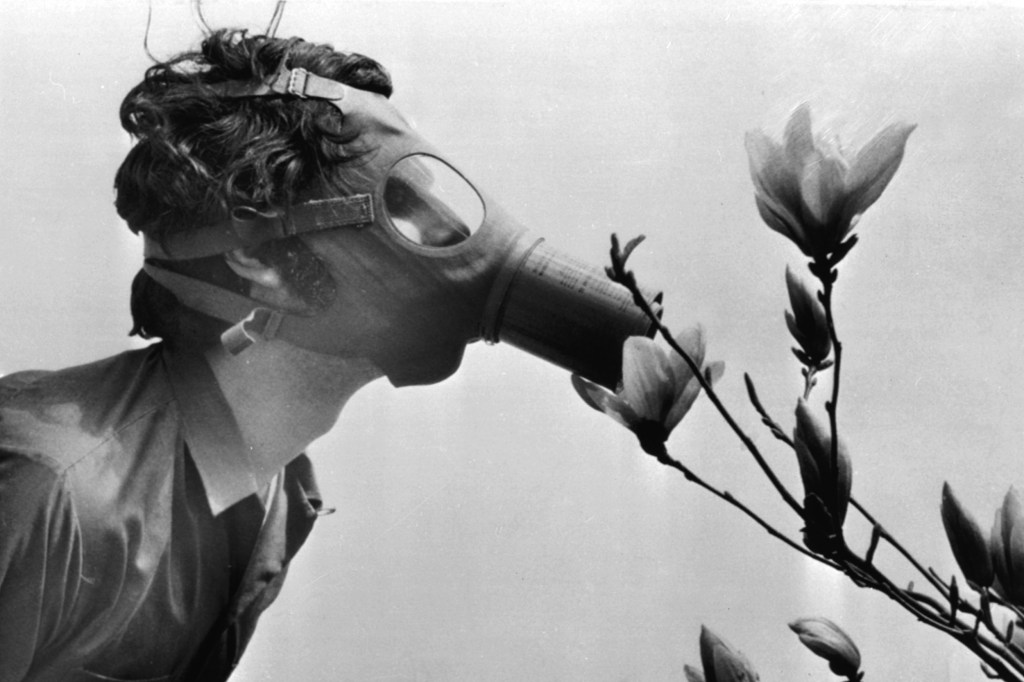
-
How Earth Day gave birth to environmental movement
Denis Hayes remembers how he dropped out of Harvard Kennedy School in 1970 to help pull together a novel idea: a nationwide rally called Earth Day.
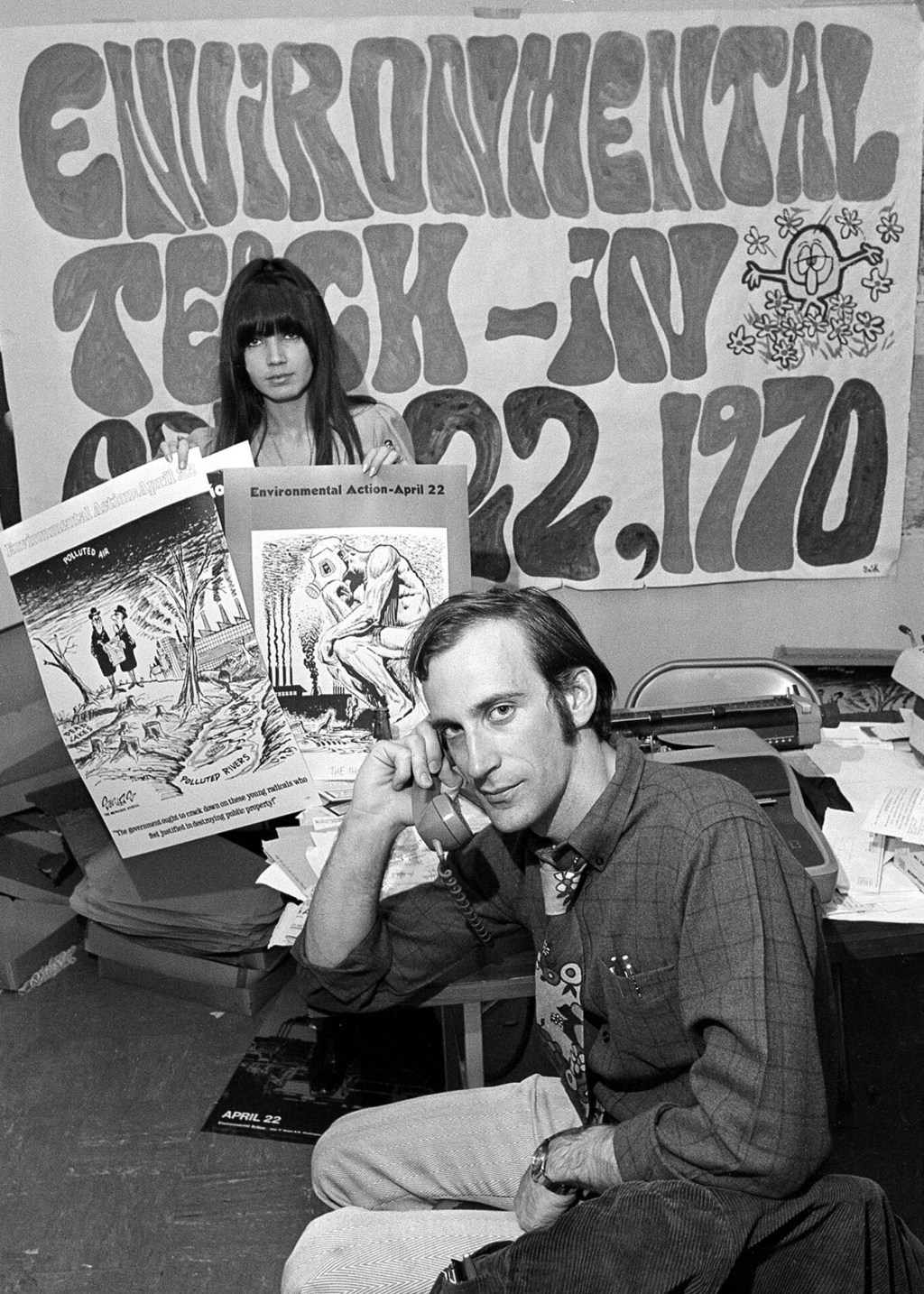
-
Herzl re-imagined
Derek Penslar at Harvard University discusses his new book on Theodor Herzl with the Minda de Gunzburg Center for European Studies.
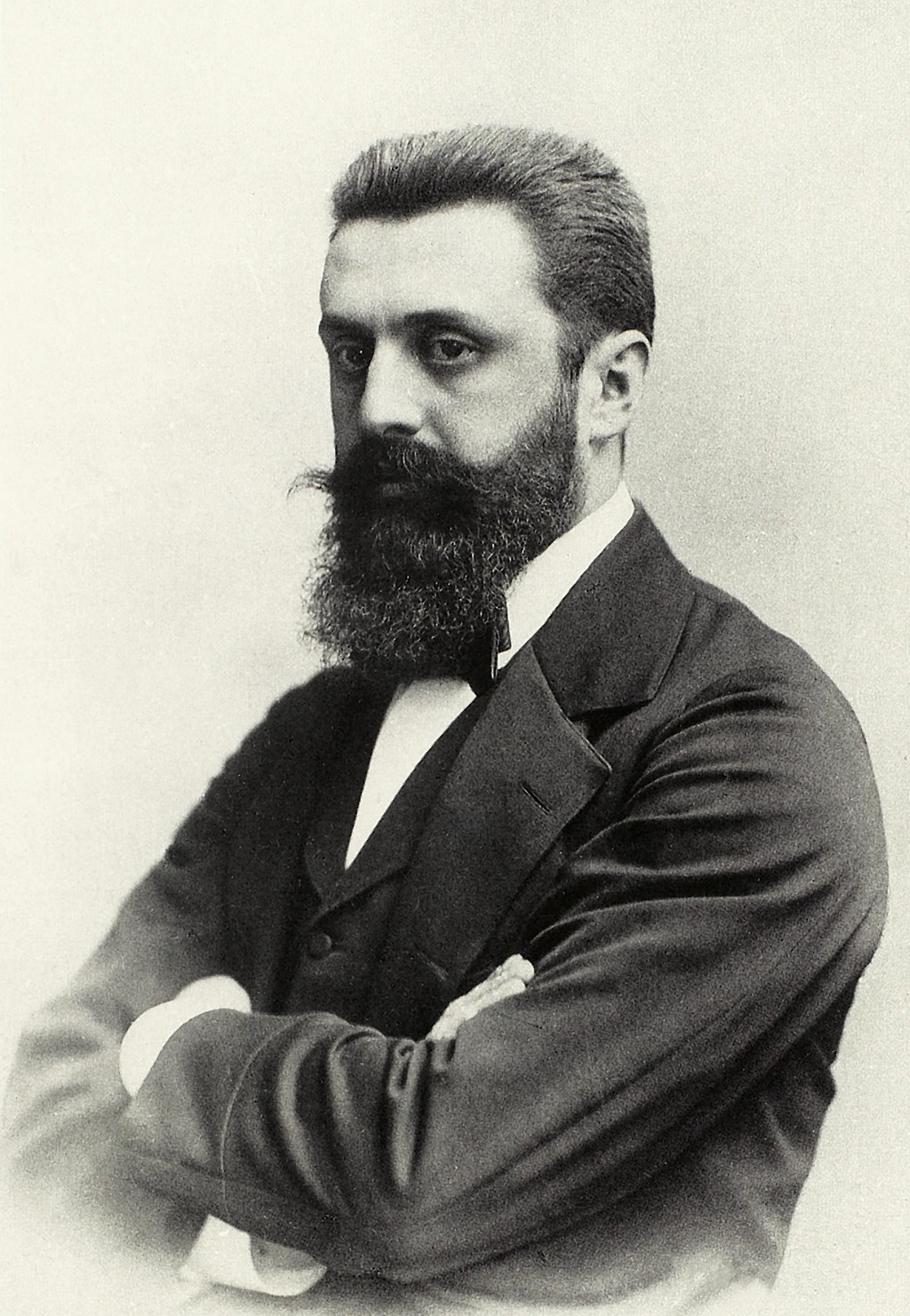
-
Keeping ethics alive during the pandemic
The Edmond J. Safra Center for Ethics has launched the COVID-19 Rapid Response Impact Initiative, a series of white papers from some 40 thinkers on issues of justice, values, and civil liberties designed to inform policymakers during the crisis.
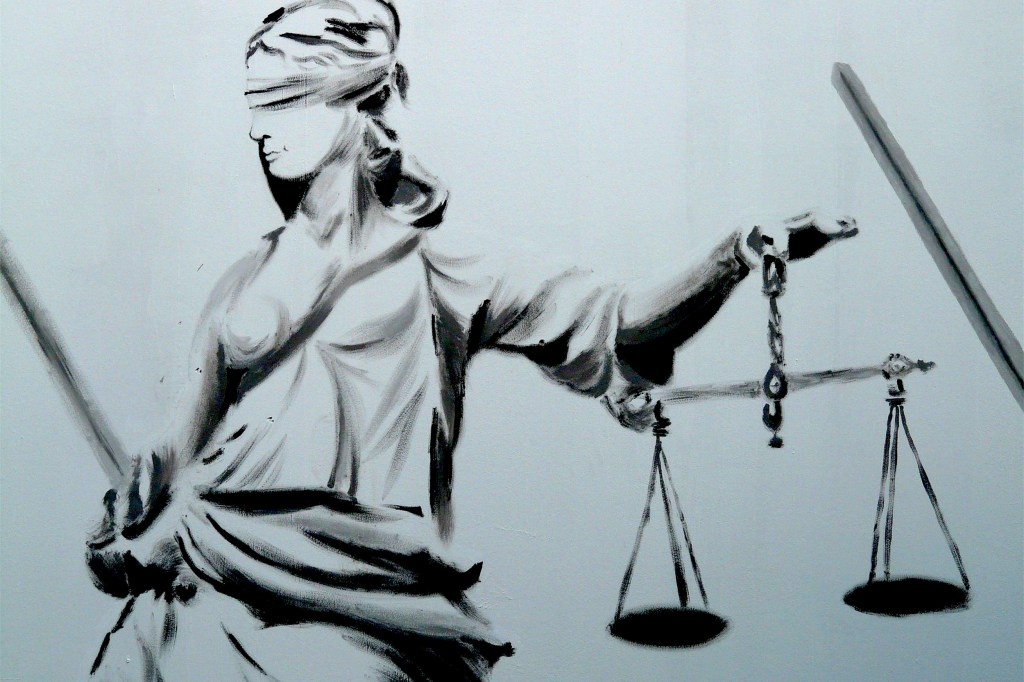
-
An impact in real time
Justin Rose is working in Baltimore’s vibrant communities to help solve problems using data.
